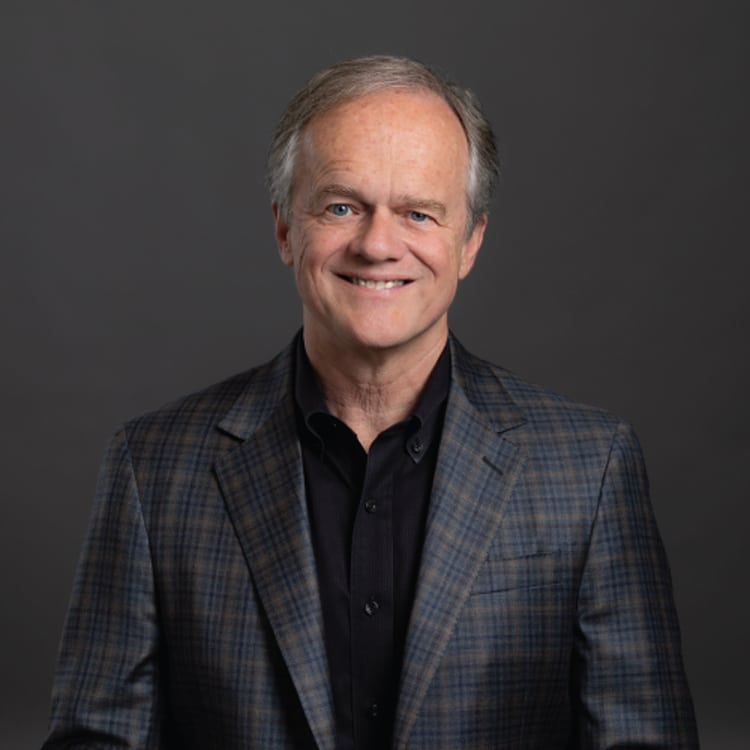Losing Capitalism

I am a CEO, not an economist, and I confess to having a strong affinity for capitalism. I believe if you want to help people, you should start a philanthropic organization. If you want to help a LOT of people, start a business. Capitalism is the undeniable wealth creator, but right now it is on life support. Not because it doesn’t work – time has proven that there is no better way to create prosperity – but because some view it as unfair. This has created an urgent problem; many of those who perceive capitalism as unfair would like to dismantle it, an act that would hurt almost everyone.
The root of the perception that capitalism is unfair primarily results from two ideas. First is the belief that capitalism allows some entities – such as alcohol and tobacco companies, as well as polluting companies – to transfer costs related to their products onto society. Secondly, and for many the biggest issue with capitalism, is the perception that it generates significant inequity.
Interestingly, recent research regarding this perceived inequity concludes that people are not jealous based on someone else having a nicer car or a bigger house; it is much more foundational than that. The perceived unfairness of capitalism is driven by the fact that people with fewer resources have reduced healthcare and educational opportunities, in addition to an absence of political influence. Also, many workers believe theirs jobs no longer provide the dignity they once did.
Despite being viewed negatively by some, capitalism has both created the modern world we enjoy and pulled more people out of poverty than all the government, NGO, faith-based, and philanthropic programs combined. Because of capitalism, most people around the world – even those who complain about it – enjoy lives historically unimaginable. We have reached a point where debating economic models is not a good use of time as history has already rendered a verdict. Capitalism wins by a mile when it comes to wealth creation.
But despite capitalism’s proven ability to create wealth, many believe the perceived inequities noted above require that it be changed. We need to consider these perceptions before we lose the goose that lays the golden eggs and everyone, even capitalism’s detractors, pays a big price.
I understand that the wealth created by capitalism goes to three places: business owners, employees (labor), and society. If we don’t develop an equitable way to divide the wealth created by capitalism among these three groups, I am afraid a bad solution – laws and regulations written by folks who have no experience running a business – will be forced upon us.
Since owners have legal control of a business’s assets and cash flows and assume the associated risk, they often benefit the most when the business does well. Capitalism is based on the premise of risking private property for reward. This idea has caused many people to test their ideas in the marketplace, sometimes to their benefit and sometimes to their detriment.
Very few would argue against entrepreneurs receiving a risk-adjusted return on their capital and energy investments. We must continue to incentivize investment that generates wealth. But many also believe that owners who benefit from assets others developed – a society of law, infrastructure, educated workforce, basic technological research, national security, a limited liability system, and market economies – should be more generous with the wealth those societal assets help create.
Labor also deserves a portion of the wealth they help create. Of course, there is a labor market; organizations get to offer what they are willing to pay for work, and employees can decide whether they accept that offer. Employees also can leave their employment if they receive a better offer. However, how labor shares in the benefits of wealth they help create goes much deeper than just their base pay.
At Correct Craft, the company I lead, we try to create a place where people want to work, knowing they spend many of their waking hours with us. In addition to competitive base pay and benefits, we allow every employee, not just managers and executives, to enjoy financial rewards when we do well. We also provide employees with a great culture that includes opportunities to serve others around the world who need our help. Most importantly, we invest heavily in employee development that provides our team members with tools that will benefit them for a lifetime.
The third place in which the wealth created by capitalism can be distributed is society. Of course, this is more contentious because it often involves the government.
Our company has manufacturing plants across the U.S. and we sell into dozens of countries around the world. We benefit from highways, airports, shipping ports, and shipping lanes across the globe made possible by the U.S. military. We benefit from a judicial system that enforces the rule of law. Locally, we appreciate fire and police protection and immediate medical help when necessary.
We also benefit from a society that provides education and opportunity like no other. As bright as he is, if Bill Gates had been born in one of the third-world villages I have visited, it is highly unlikely he would be known to us. The same goes for me and likely everyone reading this. Just being born in our society and having access to its many benefits, built by others who have gone before us, is a significant advantage. Without these societal benefits, many businesses in the U.S. would not be viable.
Some business leaders – not all – deeply resist funding this societal support system, especially if it involves sending money to the government. I understand the government is inefficient, and I dislike paying taxes as much as the next person. However, history teaches us that perceived inequities are always corrected over time, often violently.
So then, how do we divide capitalism’s benefits appropriately before we lose it altogether? Even the Business Roundtable – a group of nearly 200 prominent CEOs who make up arguably the world’s most pro-capitalism group – now says businesses need to be more aware of how all stakeholders are treated.
We cannot continue to demand one level of societal benefits when we are only willing to pay for a much lower level of societal benefits. That is how we created huge, unsustainable U.S. government deficits and debt from both Republican and Democratic administrations.
Any substitute for capitalism will hurt everyone, even those who believe it is unfair. However, experience has taught us that the emotion driven by perceived inequity trumps logic every time. A substitute, likely driven by new laws or regulations, could be forced upon us.
I often speak at events, sharing the Correct Craft story in a presentation called “The Economics of Culture.” During that presentation, I discuss a controversial theory popularized by Nobel Prize-winning economist Milton Friedman called “shareholder primacy.” Shareholder primacy states that a corporation exists for the benefit of its owners. However, even the companies of leaders who embrace this theory are better off over time by using their resources and influence to tackle challenging issues like inequity. In the long run, organizations are more successful financially when they look after their people and communities.
Capitalism is good at solving problems. Its powerful principles can generate the ideas and resources to fix the world’s significant issues and mitigate the perception of unfairness. With all due respect and appreciation for government agencies, NGOs, and other philanthropic organizations, they alone are not the solution for the world’s significant issues.
We protect capitalism, not by ignoring the tough issues, but by showing how it can help provide solutions. Social impact investing generates a return to the investor and helps solve or mitigate social issues.
Those who benefit the most from our system are often viewed as a big part of the problem, and ignoring that perception is risky. Many who view capitalism as unfair would like to dismantle it. Those of us who understand capitalism’s power to create good for everyone must begin to act soon and consider a broader view before an alternative that is bad for everyone becomes likely.
We cannot take capitalism for granted, we must initiate a discussion about how effective capitalism is and the threats to it. This discussion should be with your team, other companies in your community, and your elected officials.
As industry leaders we must use our platforms for good. That includes creating awareness related to the benefits of capitalism and how it has helped almost everyone. It will also include community service which will demonstrate our interest in using our platforms to benefit others.
Finally, and this is the hardest part, we need to ensure that society shares more deeply in the rewards of capitalism. Certainly, companies who benefit significantly from the infrastructure society has built and paid for should be willing to give back to help society.
As long as a good education and healthcare is only available to the wealthy and the least wealthy among us feel like they have little work dignity and no political voice, capitalism will be at risk.
Written by Bill Yeargin.
Have you read?
Countries: Powerful Passports. Countries: Richest. Countries: Poorest. Countries: Happiest. Countries: Life Expectancy.
Bring the best of the CEOWORLD magazine's global journalism to audiences in the United States and around the world. - Add CEOWORLD magazine to your Google News feed.
Follow CEOWORLD magazine headlines on: Google News, LinkedIn, Twitter, and Facebook.
Copyright 2025 The CEOWORLD magazine. All rights reserved. This material (and any extract from it) must not be copied, redistributed or placed on any website, without CEOWORLD magazine' prior written consent. For media queries, please contact: info@ceoworld.biz








